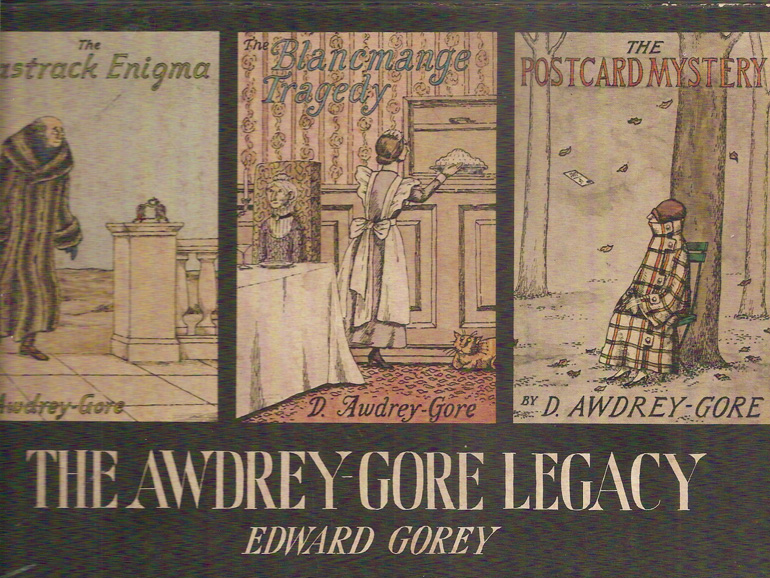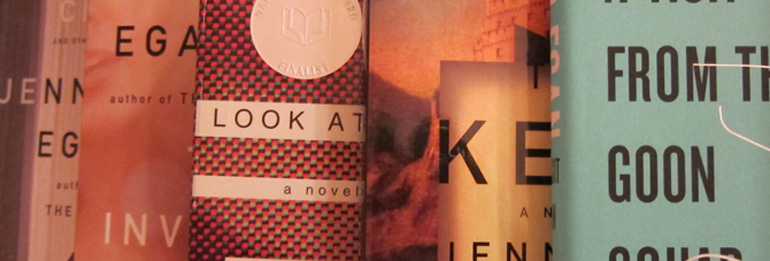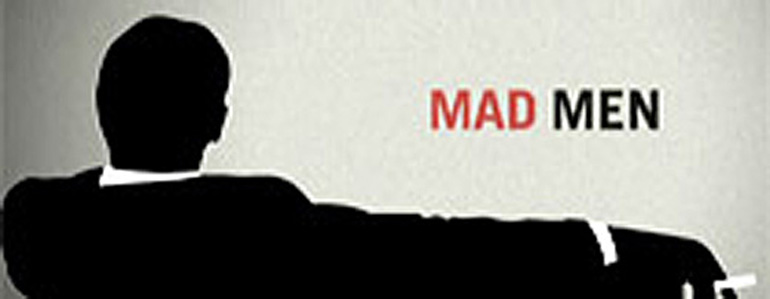Reading Note:
Tóibín on Aunts
Marriage as the End of the Novel
Tuesday, March 22nd, 2011
The essay is entitled “The Importance of Aunts (in the 19th-century novel)” — the unbracketed portion quoting Jane Austen — but a more indicative title would have been “The End of Marriage.” No matter; Colm TóibÃn’s thoughts about the novel are so bracing that my first thought upon swallowing them was a gratitude to the younger self who took the time to read all the great books that TóibÃn mentions (all but The Mill on the Floss). You might be tempted to ask, now and then, what the point is of reading great novels for pleasure; the answer is extensively evident in TóibÃn’s discussion of — of what? Aunts in fiction? That’s his starting-point, certainly; he begins by showing why, in a narrative form that has throughout its development hewed closely to the portrait of the protagonist as a solitary, self-inventing figure, the presence of mothers would be stifling. Hence aunts, who act as portals rather than as authorities. But the scope of the survey widens to include trenchant writing about the novel itself.Â
TóibÃn considers the problem of Lady Bertram, in Mansfield Park. It’s clear that Austen expects us to detest Mrs Norris, Fanny Price’s other aunt; she’s a harridan out of “Cinderella.” But Austen doesn’t seem to care how we feel about Lady Bertram, and, indeed, it’s necessary to stop and think about the matter, because, for the most part, the presence of Lady Bertram signals such a respite from the scourge of Mrs Norris that we’re grateful for it on Fanny’s behalf. Lady Bertram’s protection is of course entirely passive and not the result of any intended benevolence; the atmosphere surrounding the woman’s sofa happens to be one that Fanny finds naturally congenial. When we stop to think about Lady Bertram —  but TóibÃn tells us not to care, because it’s not important. And then he tells us what is important.
The novel, after all, is not a moral fable or parable; it is not our job to like or dislike characters in fiction, or make judgments about their worth, or learn from them how to live. We can do that with real people and, if we like, figures from history. They are for moralists to feast on. A novel is a pattern and it is our job to notice how the textures were woven and the tones put in place. This is not to insist that a character in fiction is merely a verbal construct and bears no relation to the known world. It is rather to suggest that the role of a character in a novel is never simple. A novel isn’t a piece of ethics or sociology. It is a release of certain energies and a dramatisation of how these energies might be controlled and given shape. Characters in fiction are determined by the pattern, and they determine the pattern in turn.
The pattern of Mansfield Park calls for a lady of the house who “lives a gloriously underexamined life.” If she were not there, dozing on her sofa, Fanny could not be seated beside her when Edmund came into the room; indeed, she could not be at Mansfield Park at all. Austen is not interested in Fanny’s battles with Aunt Norris, nor in the material hardships of Fanny’s life in Portsmouth; these are foils to her life of contemplation at Mansfield Park, which, TóibÃn makes clear, is what the novel is really about.Â
And in the centre of the book stands a strange and insistent mass: the consciousness of Fanny Price. She has no vivacity, no wit; she is mainly silent. She repels as much as she attracts. Trilling dislikes her, as many do: ‘Nobody, I believe, has ever found it possible to like the heroine of Mansfield Park. Fanny Price is overtly virtuous and consciously virtuous.’ This may be so, if we insist on looking at her from the outside as though she were human. What is more important is that the novel reflects her essence. She has a way of noticing and registering which has nothing to do with virtue, but everything to do with the novel’s pattern. Her uncertainty, and our uncertainty about how she will live, is what gives the book its strangely powerful momentum.
The essay does not end where it might, with the aunts in Henry James — especially the aunt-like figures in Portrait of a Lady and The Ambassadors who turn out to be sexual creatures (and, thereby, not aunts at all) — but it keeps moving, in order to make a point about TóibÃn’s real subject, which is nothing less than marriage as the end of the novel. Having begun by showing how novelists employed aunts to take the place of parents, in the process breaking up families and depriving heroes and heroines of natural shelter, TóibÃn concludes by casting light on the novel’s dissatisfaction with marriage.Â
It was clear that, since something fundamental had already been done to the idea of parents, something would also have to be done to the idea of marriage itself, since marriage was a dilution of the autonomy of the individual protagonist.
TóibÃn discusses three scenes, or three versions of the same scene, in Trollope’s Phineas Finn, George Eliot’s Daniel Deronda, and Portrait of a Lady: scenes in which a woman acknowledges the unhappiness of her marriage to a male friend.Â
This male figure is not, in any obvious way, looking for a wife, and this is what makes him dangerous, more dangerous than any aunt has been. He can have an uneasy sexual presence, and an unusual way of noticing and listening. He can have the power of conscience, and the pure force of someone who does not have obvious desires. He can represent the novelist in the novel, but he is also from the future, from a world in which the making of marriages is no longer the main subject for a novelist. Again, it is his solitude that gives him power, as Darcy in Pride and Prejudice derives his power from his solitude as much as his fortune, until he marries Elizabeth.Â
The bit about this figure’s coming “from the future” is one of the most exciting things that I’ve ever read; it casts light on the great shift that would follow the Victorians, a shift in which James himself is the pivot: from telling stories about people finding companionship, novelists moved on to telling stories about people finding themselves. TóibÃn closes with a most unexpected discovery: a happy ending for Portrait of a Lady. Well, perhaps not “happy.” But free, in the sense that Isabel Archer “untells” the story of Patient Griselda.
And Isabel returns to her husband. But there is a sense, here at the end, that she has not returned to be his wife, part of his family, but comes with a new power she has found, a resource which will allow her to resist him, repel him, move in the world alone and free not only of the family she inherited and the one she came into, but the one she chose and sought to make.





